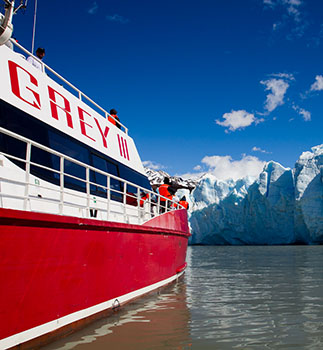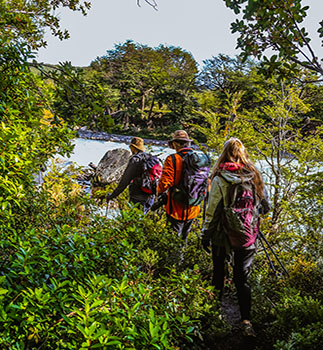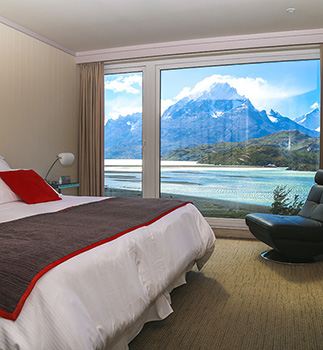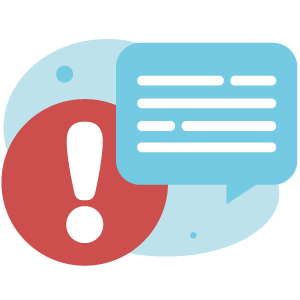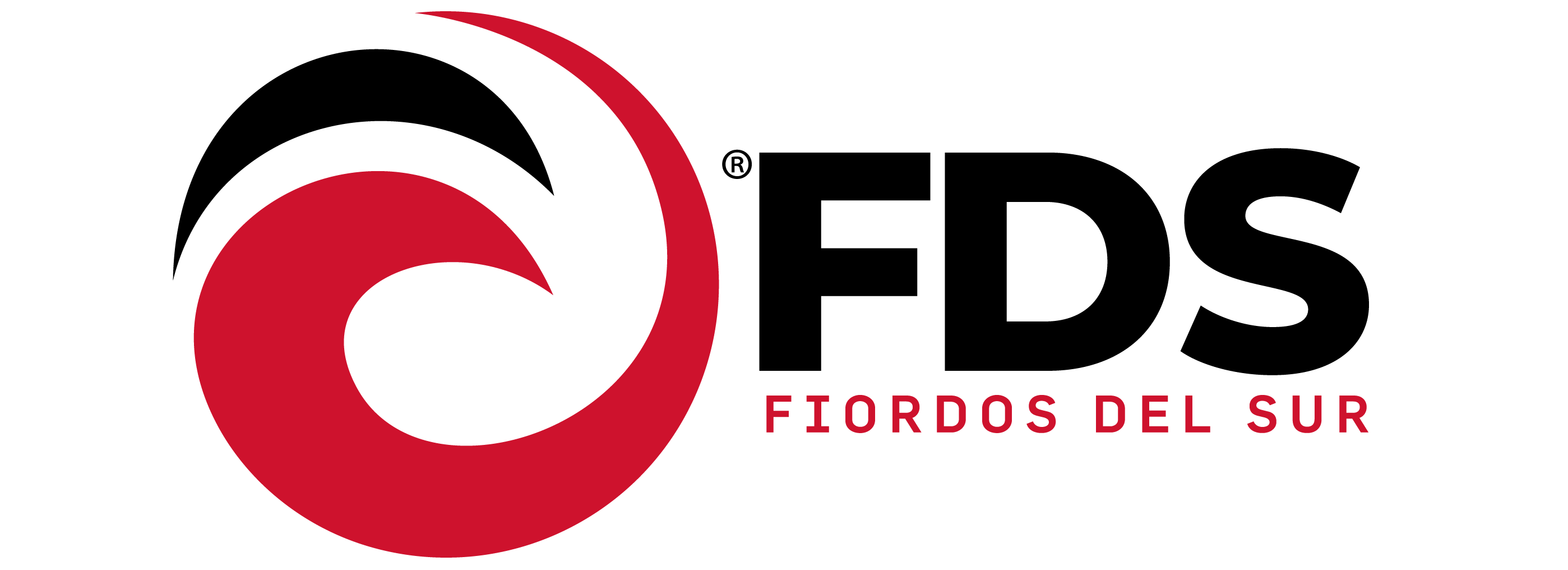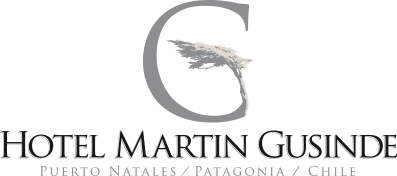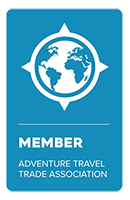What You Should Know Before Your Trip
Prepare yourself for a visit to Chile by reading our FAQs, which explain what you will need to enter the country, our services, the dates of holidays, and more.
1.- Can I cancel or modify a hotel reservation without a fee?
2.- When is check-in and check-out?
3.- Can I extend or reduce the duration of my stay once I am at the hotel?
4.- Are pets allowed?
5.- What documentation will I need to present at the hotel?
6.- Will my room be the same as the photograph on the hotel’s website?
7.- Is the hotel open year-round?
8.- How many days should I spend in the park?
9.- How do I get to Hotel Lago Grey?
10.- What does the all-inclusive program include?
• IN / OUT private transfer from Punta Arenas, Puerto Natales.
• Torres del Paine National Park pass
• Buffet breakfast, lunch / box lunch and dinner in Lago Grey Hotel.
• Open bar (House wine, standard beers and standard beverages).
• Open Bar in navigation to Grey Glacier (excluded Premium drinks, beer and wine).
• Regular excursions with english speaking guide, according to the attached list.
• WI-FI (only in public áreas / Satellite connection).
• Accommodation according to selected package.
Not Included: Transfers to and from Argentina, Meals in transit, premium wines, premium beers, premium beberages, King crab, laundry service, tips, phone calls, unscheduled meals, additional accommodations, travel insurance, spa, sauna, swimming pool.
11.- Why choose Hotel Lago Grey’s all-inclusive program?
12.- Is there WiFi?
13.- What is the lunch and dinner schedule?
14.- What gear should I bring?
15.- If I travel to Torres del Paine National Park by bus, how do I get to the hotel?
16.- Is there transportation to and from the hotel?

Visas and Other Documents
To enter Chile, you will need identification in the form of a passport or Chilean cédula de identidad and, depending on your country, a stamped visa. At the airport, an international police officer will provide you with a duplicate form known as a “Tourist Card” that is valid for ninety days and can be renewed for another ninety days. Certain nationalities will require a “reciprocity fee” paid for in cash.
Currency
The Chilean currency is the peso. There are ten, fifty, one-hundred, and five-hundred peso coins and one-thousand, two-thousand, five-thousand, ten-thousand, and twenty-thousand peso bills.
Average Chilean Food Prices
Low Budget: between three and five USD
Medium Budget: between five and twenty USD
High Budget: between twenty and one-hundred USD
Average Chilean Accommodation Prices
Low Budget: between twenty and thirty USD
Medium Budget: between thirty and forty-five USD
High Budget: between fifty-five and 350 USD
*Tipping is always optional; however, a general norm is to tip at least ten percent of your total bill.

Health and Fitness Information
Water:
In general, faucet water is safe to drink. You, however, should drink filtered water during your first few days in the country.
Raw Food Consumption:
You should avoid eating raw vegetables, especially ones that grow close to the ground (e.g. carrots and lettuce), unless you shop at an established supermarket that follows sanitation protocols. In addition, only eat cooked meat, fish, and shellfish.
Public Health System
Emergency hospital services are obligated to receive anyone in need of health care. There are medical centers, clinics, and high-quality, private hospitals in Chile.
Theft and Natural Disasters
Theft, like anywhere, is most common in major cities. Do not go out with visible jewelry, cameras, or electronic devices, especially at night or in alleyways. If you use a backpack, do not store film cameras or other valuables in outer pockets, especially on public transportation. Only exchange currency in authorized businesses and never on the street.
In the case of a strong earthquake, remain calm. To prevent injuries caused by entering and exiting buildings, either remain indoors or outdoors, depending on your location. If you are inside, protect your head by placing yourself near strong structures, such as underneath a table, bed, doorframe, by a pillar, bearing wall, or in a corner. Never flee towards an exit or use stairs. If you are outside, move away from electricity cables, ledges, glass windows, and falling bricks or roof tiles.
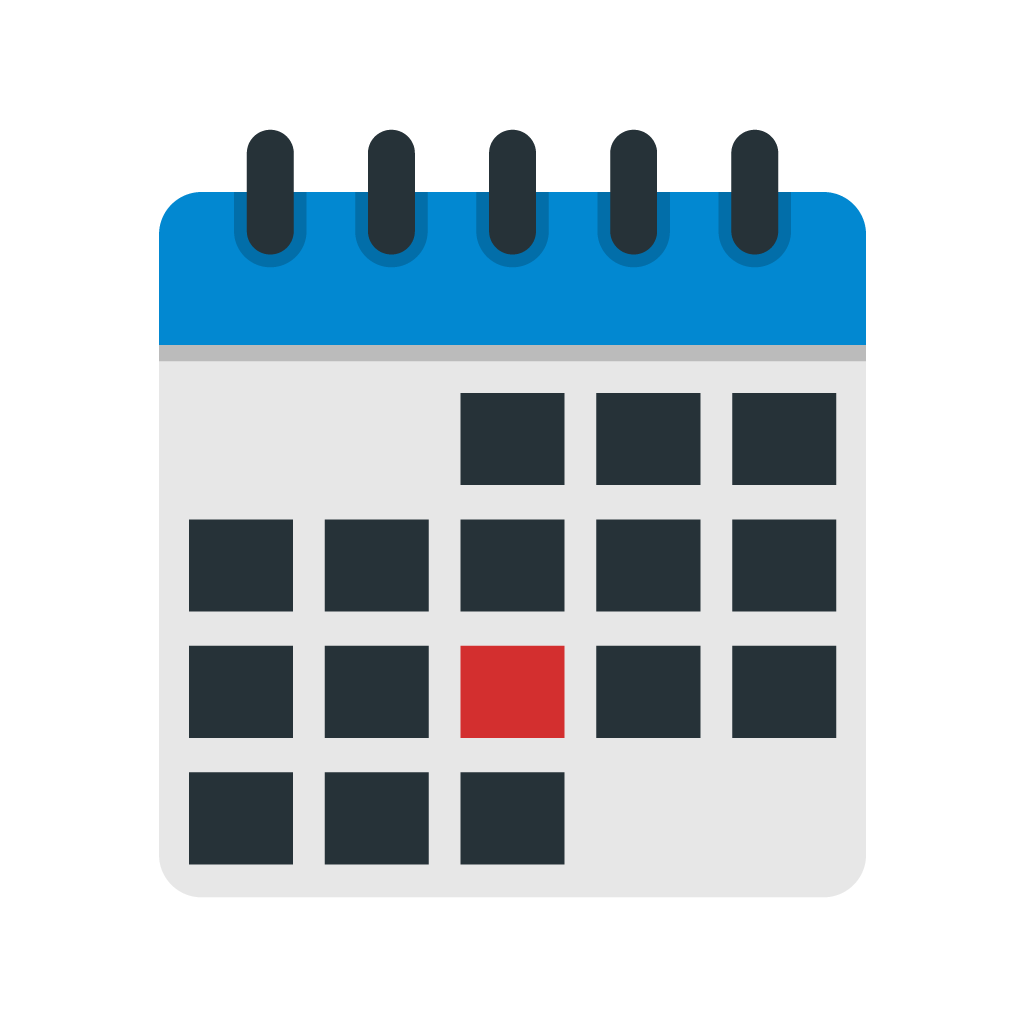
Chilean Holidays
• New Year’s Day: January 1
• Good Friday and Good Saturday: April 10 to 11, 2020 (dates change each year)
• Labor Day: May 1
• Navy Day: May 21
• Saint Peter and Saint Paul: June 29
• Our Lady of Mount Carmel: July 16
• Assumption of Mary: August 15
• Independence Day: September 18
• Glorias del Ejército: September 19
• Race (Encounter of Two Worlds) Day: October 12
• National Evangelical and Protestant Church Day: • October 31
• All Saints’ Day: November 1
• Feast of the Immaculate Conception: December 8
• Christmas: December 25
*Some of these holidays are moved to the Monday of the same week
More Information
Office, Bank, Currency Exchange, and Business Hours
Our office is open Monday through Friday from 9 AM to 1 PM and 3 PM to 7 PM year-round, as well as Saturday from 10 AM to 12:30 PM during October to April. Banks are open from 9 AM to 2 PM, currency exchange services from 9 AM to 1 PM and 3 PM to 7 PM, and large and small businesses from 10 AM to 8 PM, Monday through Friday. During holidays, most businesses, except for the mall, are closed.
Electrical Plugs and Sockets, WiFi, and Phone
Chile’s electric current flows at a rate of 220 volts by fifty Hertz through type C and L sockets. Due to two-terminals being more common than three, you should purchase two-pin power plug adapters, which are available at any electronics store.
WiFi and public phone services vary throughout the country but are generally available in major cities. Broadband internet and satellite are available almost everywhere.
100%
HOTEL LAGO GREY SERVICES
Contact
Office in Punta Arenas:
Manantiales 0325.
Phone:
+56 612712100
Social Media
Follow us on Facebook and Instagram to receive updates about our services and promotions.

